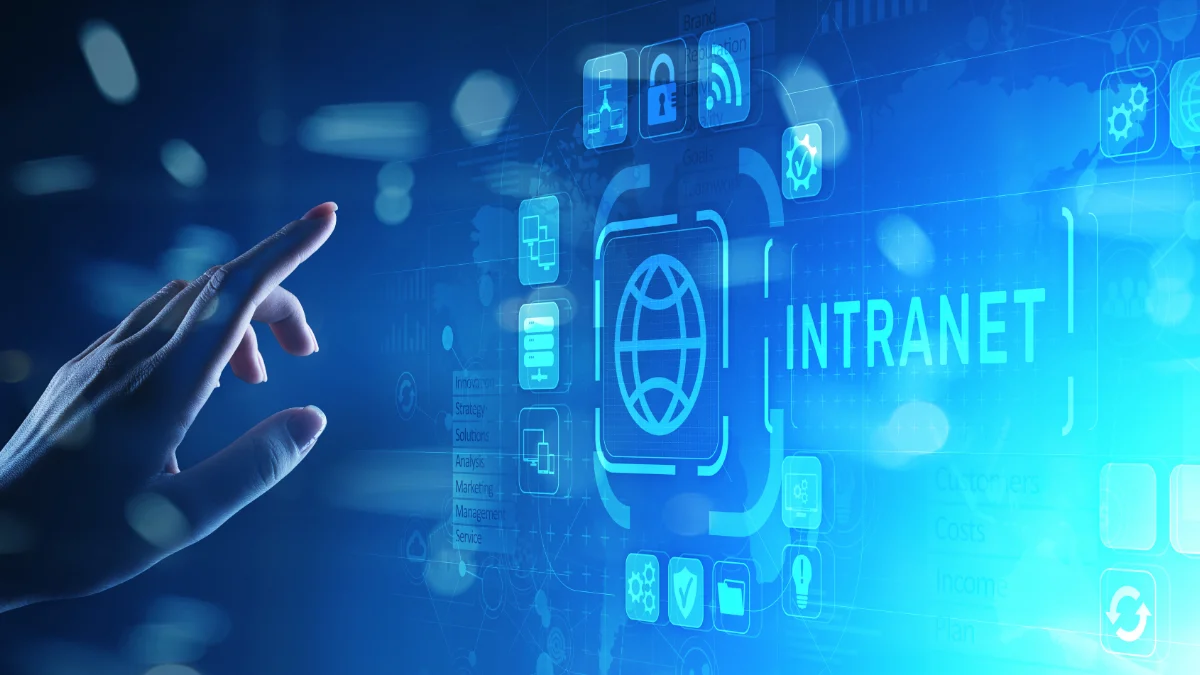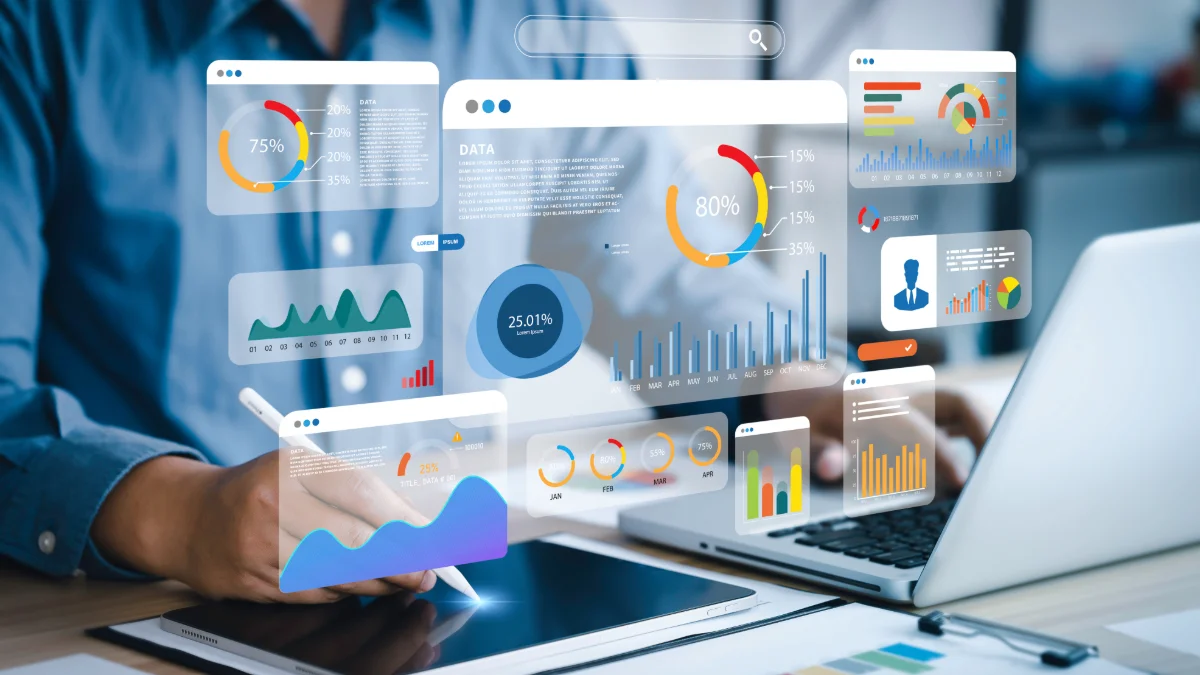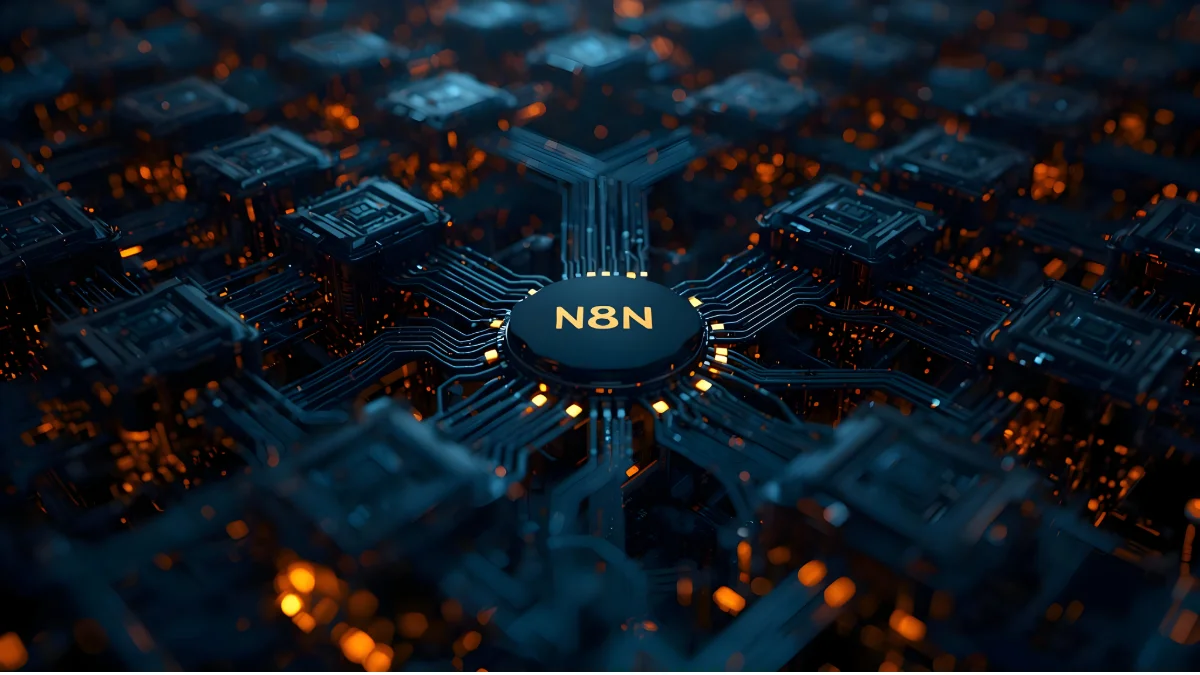1.
What Does Digital Transformation Mean?
Digital transformation is the process through which businesses fundamentally reshape their operations, processes, and customer experiences by strategically and effectively leveraging technology. This shift is not only technological but also cultural. With digital transformation technologies, businesses undergo operational and cultural changes that enable them to better respond to evolving customer expectations and needs. In this article, we’ll explore key topics such as digital solution processes in businesses, the significance of digital transformation, and its future.
At its core, digital transformation refers to how businesses use technology strategically to enhance efficiency by changing both their operational and cultural approaches. Today’s rapidly evolving user expectations and competitive environment are driving organizations to adopt digital solutions more than ever. Digital transformation makes it possible to improve efficiency, boost customer satisfaction, make faster and more flexible decisions, reduce costs, and develop new business models.
2.
Benefits of Digital Transformation
When considering the importance of digital transformation and its advantages for businesses, the following key benefits stand out:
- Technologies such as automation, artificial intelligence, and cloud solutions help reduce manual processes within businesses—saving time and labor, and significantly increasing productivity.
- One of the key benefits of digital transformation is cost reduction. It significantly lowers operational expenses by eliminating costs related to paper, mail, and physical storage.
- Digital transformation applications improve customer satisfaction by enabling personalized services, 24/7 support, and faster transactions.
- With big data and analytics, businesses make decisions based on actual data rather than intuition—boosting strategic accuracy.
- Digitalization in businesses accelerates R&D efforts and opens the door to the development of new business models.
- Digital transformation in companies offers a competitive edge, making businesses faster, more efficient, and more customer-centric than their rivals.
- Advanced digital infrastructures and threat detection and prevention systems ensure greater data security.

3.
What Are Digital Transformation Technologies?
Digital transformation technologies are tools that enable organizations to digitize their workflows and become more agile, efficient, and competitive. These technologies empower automation, data analysis, customer experience improvements, and the development of new business models. Here are some of the leading technologies in digital transformation:
Cloud Computing
When it comes to digitalization in businesses, cloud computing is often the first solution that comes to mind. Cloud services allow data and applications to be hosted and accessed over the internet, reducing costs while providing scalability and flexibility. Using cloud solutions may be the first step in your digital transformation journey. Wondering which cloud model fits your business best? Take a look at our comparison of public, private, and hybrid cloud models.
Big Data & Analytics
Business digitalization inevitably brings more data and analysis. Big data and analytics—tools that collect, process, and analyze large data volumes—optimize customer behavior insights, operational efficiency, and strategic decision-making.
Artificial Intelligence (AI) and Machine Learning (ML)
No conversation on digitalization is complete without mentioning artificial intelligence. AI-powered decision support systems are widely used in automation, customer service (e.g., chatbots), and predictive analytics. By incorporating self-learning systems, businesses can optimize processes and enhance customer satisfaction.
Internet of Things (IoT)
One of the most prominent technologies in corporate digital transformation is the Internet of Things (IoT). This technology connects physical devices to the internet for real-time data collection and communication. IoT can be applied in areas such as manufacturing, logistics, smart cities, and healthcare.
Robotic Process Automation (RPA)
Among the leading examples of digital transformation in companies is RPA—technology that automates repetitive digital tasks typically performed by humans. Robotic process automation reduces costs, minimizes errors, and speeds up workflows. RPA is especially effective in areas like accounting, customer service, and human resources, where it boosts efficiency and reduces human error.
Cybersecurity Technologies
Undertaking digital transformation projects and moving toward digitalization increases the need for cybersecurity solutions. As cloud systems and IoT adoption rise, so does the importance of securing digital infrastructures. Businesses must adopt measures such as identity verification, data encryption, and intrusion prevention. Explore our network and security solutions to modernize your network infrastructure and ensure cybersecurity with the support of our experienced professionals.
5G and Advanced Connectivity
Another foundational technology of digital transformation is 5G and next-generation connectivity. These technologies are essential for applications that demand high-speed, reliable, low-latency connections—such as IoT, autonomous systems, and smart city implementations.
4.
The Future of Digital Transformation
Digital transformation is not just about technology—it also reshapes how organizations work, lead, and engage with customers and society. The future of digital transformation envisions a world that is smarter, faster, more personalized, and more connected. AI will become central to decision-making. In a fully digitalized world, customer, employee, and user experiences will be unified. Decision-making will be data-driven, and data-first cultures will gain strength. Beyond efficiency, digital transformation will play a critical role in environmental sustainability. Emerging technologies like 6G and quantum computing will gain momentum. Rather than developing software from scratch, companies will integrate with platforms based on APIs and microservices. In summary, the future of digital transformation will be more human-centered, data- and AI-driven, agile, sustainable, and security-focused. At GlassHouse, we are here to support your journey into digital transformation! With our managed cloud services and on-premise solutions, you can complete your digitalization process securely and efficiently.














